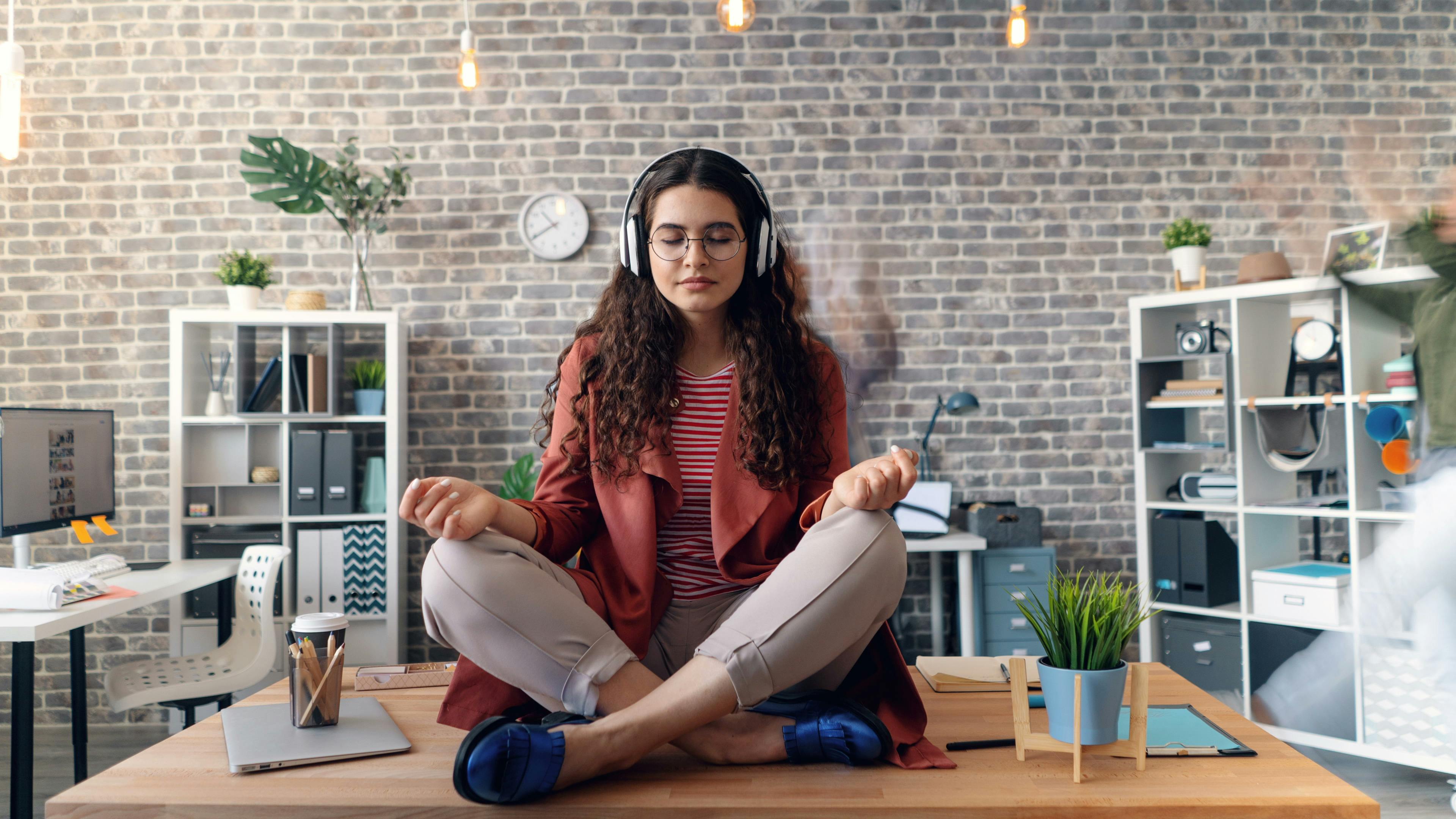When Success Feels Empty: The Hidden Cost of Ignoring Your Well-being Abroad

Have you ever caught yourself looking at your life and thinking: “I should be happy — so why don’t I feel it?”?
Many international professionals quietly carry this paradox. On paper, they’ve made it: a solid career, a comfortable lifestyle, maybe even the adventure they once dreamed of. Yet beneath the surface, there’s a subtle sense of emptiness — a feeling that something essential is missing.
And as the days get shorter and colder — at least here in the Northern Hemisphere — that feeling often grows louder.

The silent side of success abroad
Living and working abroad can be incredibly rewarding— I know it first-hand! You expand your world, meet fascinating people, and learn to navigate cultures, systems, and mindsets that challenge you to grow.
But it can also be quietly draining. Constant adaptation takes mental energy. You’re always 'on' — decoding norms, adjusting tone, balancing between how things are done here and what feels right to you. You may appear confident and capable, but inside, you’re juggling multiple identities.
That constant inner translation can wear you down, even if you don’t notice it right away... And when the external light starts fading — literally — the internal one can dim, too.
A personal note
I’ve noticed this in myself over and over again.
Every year, around this time, my energy begins to dip. Not because of the cold, but because of the light — or rather, the lack of it. When I lived in Portugal, winter days still felt generous: bright skies, long golden afternoons, and a sunset that came gently. Even in the south of the UK, I always felt that no matter how cloudy the day was, I’d still catch a glimpse of sunlight every day. Here in the Netherlands, the contrast is striking (earlier this year I actually counted 11 days in a row without any sunlight at all).
To give you a sense of the contrast: Lisbon enjoys around 2,800 hours of sunshine per year, while Amsterdam averages closer to 1,700 — that’s over 1,000 fewer hours of light. No wonder many people here start to feel their motivation and mood shrink as the days shorten (and, in the winter, days are naturally shorter in the Netherlands than other locations closer to the Equator).
I used to think this was just me being 'lazy' or 'unfocused'. But the truth is: our bodies and minds are wired to respond to light. Less sunlight means less serotonin (the 'feel-good' neurotransmitter) and more melatonin, which can make us sluggish, unmotivated, or even a bit down.
Knowing this helped me replace guilt with understanding — and curiosity about how to take better care of my energy, not just my goals.
What science tells us about thriving abroad
Research in Positive Psychology and cross-cultural adjustment confirms what many expats experience intuitively: achievement alone doesn’t equal well-being.
Our happiness depends mainly on three psychological resources that are often tested in international life:
- Self-awareness — noticing when you’re living on autopilot, chasing success by old definitions that no longer fit who you’ve become.
- Connection — feeling truly seen and understood, not just surrounded by people. Even mild loneliness can have the same physiological impact as smoking 15 cigarettes a day(!!).
- Perceived control — the belief that you can influence your life, rather than just react to circumstances. This single factor is a powerful predictor of motivation, resilience, and fulfilment.
When these three weaken — as they often do during big transitions or darker seasons — our sense of well-being drops, even if everything “looks good” from the outside.
A moment for reflection
So before the rush of winter sets in, take a pause and ask yourself:
- Which parts of my life abroad still energise me — and which quietly drain me?
- Where have I been trying to 'keep up' rather than live in alignment with what truly matters to me?
- What helps me feel light — even when the sun isn’t shining?
Reflection doesn’t have to be a dramatic process. Sometimes, just taking 5 minutes to be honest with yourself can shift your awareness — and that’s the first step to real change.

Small steps, big impact
If this resonates, try experimenting with one or two of these simple, evidence-backed practices over the next few weeks:
- Reclaim your rhythm.
Create small rituals that bring structure and joy to shorter days — a morning walk, lighting a candle at breakfast, a weekend call with someone who 'gets you'. Routine restores emotional stability. - Name what matters most.
Revisit your definition of success. What does thriving abroad mean for you now (not for the person you were 5 years ago)? - Bring in more light.
Spend time outdoors, even briefly, during daylight hours. You can also consider using a light therapy lamp in the mornings. Your brain needs brightness as much as your body needs movement. - Connect intentionally.
Reach out to others who understand this journey — a friend, a local group, or a coach. Shared experience lightens emotional load :) - Own your journey.
You chose this path — now choose to shape it consciously. Small, aligned actions often lead to the biggest transformations.
The takeaway
Thriving abroad isn’t about being endlessly productive or always positive. It’s about alignment — living and working in a way that feels coherent with who you are, even as your surroundings shift — especially when your surroundings shift!
If your version of success feels hollow lately, take it as an invitation — not a failure. It’s your mind’s way of saying: “Slow down. Reconnect. Realign.”
Because you deserve a life abroad that doesn’t just look good — it feels good too.
Take the next step
If this message speaks to you, I’d love to support you in taking action:
- Join me for the first-ever The Thriving Abroad Circle on 30 October 2025 — a live/online monthly gathering for international professionals to (re)connect, reflect, and realign. We’ll share our experiences and explore practical ways to navigate expat life with more clarity, balance and purpose. (Click here to reserve your spot!)
- Or, if you’re ready for a deeper journey, discover how The Expat Lighthouse Programme can help you redesign your career and life abroad — with clarity, confidence, and calm.
Wherever you are in your journey, remember: thriving abroad starts when you decide to take ownership of your light — inside and out.


.jpg)
